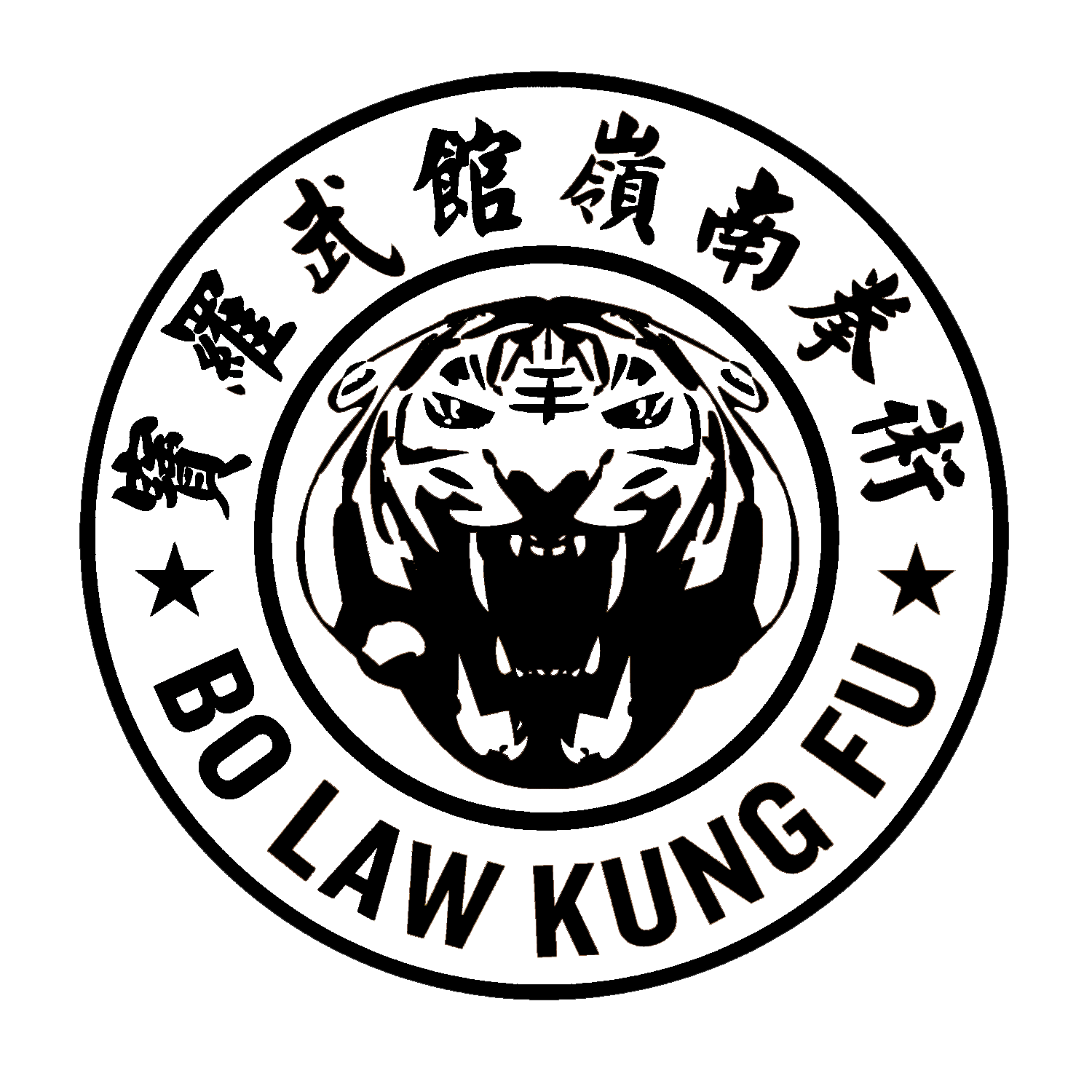As I child, I read stories of Wong Fei Hung, Hung Hei Goon and Fong Sai Yuk, and all the other legendary heroes. The epitome of a Kung Fu hero at that time as I understood it was somebody that was tall, handsome, strong in body, will and mind, and had the ability to dispatch opponents at will--a Robin Hood-like knight in shining armor that had no flaws and no faults. Everyone looked up to them and admired them, wanted be like them, and put them on this huge pedestal. I desperately wanted to emulate those chivalric qualities that these heroes embodied.
A lot of these qualities do exist in being a Kung Fu hero or a Kung Fu master, but it also has to be tempered with reality, the reality of being a human being and being flawed. When I was younger I didn’t understand this. I just wanted the glory. I was doing Kung Fu for the accolades, the reputation, the recognition. As the son of an immigrant, the other kids in school thought I had a funny name, ate funny food and spoke a funny language. They used to ask me what was the matter with me, why didn’t I know how to play baseball? I found Kung Fu and thought, now I’ll get back at all of you because I’ll be a Kung Fu hero.
For over two decades, I labored under this delusion of what being a hero or a Sifu means, and my teacher, Grandmaster Tak Wah Eng, would say to me, “You’re not.” I thought, “What do you mean? I just wasted the last two decades of my life?” Later, I realized he was right. You know why? Truly being a Kung Fu hero, truly being a Sifu takes patience, time and effort, and you have to be mature enough. Your chronological age doesn’t necessarily correspond with your maturity age.
Maturity is the way you see things, the way you perceive things. It doesn’t matter what system you learn or how many forms you learn. Maturity comes with time and practice, and the individual has to put his mind towards it. Even if you’re “grown up,” it doesn’t necessarily mean you have the maturity to understand the depth of the philosophical aspect of Kung Fu. Everybody grows differently. There’s the physical growth and the spiritual or psychological growth, and that has to be fostered by the individual growing from within and using Kung Fu as a vehicle for this growth.
Mastering the self is the real crux of learning Kung Fu. I don’t claim to be a master, because I’m not, but I’ve seen other people who are, because they’ve gone through the process of learning about themselves countless times. It’s about recognizing your flaws and shortcomings and doing your best to improve yourself by learning and practicing the art of Kung Fu. That is one of the reasons why it’s still relevant in this day and age. Aside from being a fighting art, it’s an art of self-development and empowerment. When I was younger, I didn’t understand this. I just wanted the glory and didn’t understand that it takes a lot of work, effort and sacrifice to become that hero we all admire in our minds.
The true practitioner plays Kung Fu not for the recognition, not for the applause, not for anything but for the pure enjoyment and love of doing it. If you practice like that, you will gain everything. What do you have to do? 聴師傅話 “Teng wah Sifu.” Listen and obey Sifu, no matter what level you are, because your Sifu has striven to enlighten himself. He is on the same path as you, but further ahead.
Kung Fu is an awesome vehicle of learning to help you become the person that you’re supposed to be. It is a path and way of enlightenment, and that’s what I saw in those Kung Fu heroes when I was a kid. I thought it was their skill and all the external things, but what actually attracted me was their enlightenment, and that’s the real issue of Kung Fu. That’s what it’s all about. That’s what everyone is searching for. The true master is magnanimous, compassionate and has unending patience. You want to grow up, mature, flower into who you’re supposed to be. That is what Kung Fu can give you. That is the true Kung Fu hero.

